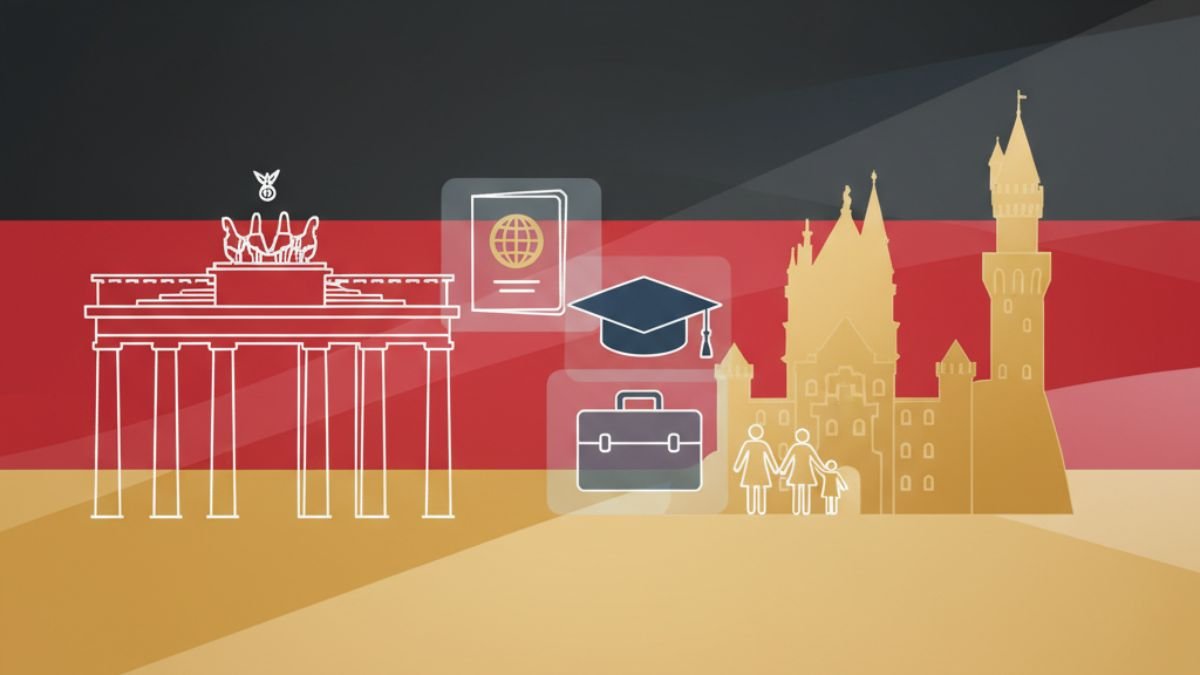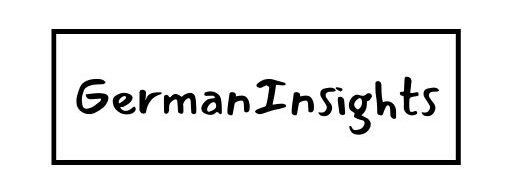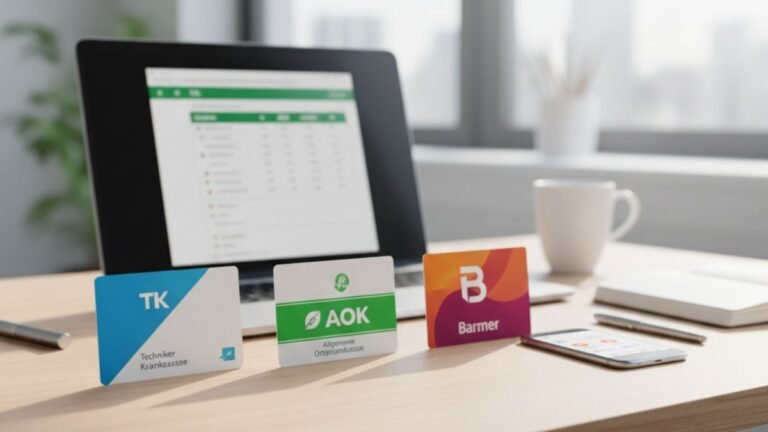Planning a Trip to Germany in 2026? Everything You Need to Know About Visas

For 2026, German visas are primarily categorized into short-stay (Schengen, Type C) and long-stay (National, Type D) visas, depending on the purpose and duration of your visit. Non-EU nationals generally require a visa, while some nationalities can enter without one for short stays.
Notable changes include the implementation of the European Travel Information and Authorisation System (ETIAS) for visa-exempt travelers and online application options.
Short-stay visas (Schengen, Type C)
Allows travel and stays in Germany and the rest of the Schengen Area for up to 90 days within a 180-day period.
- Tourist Visa: For purposes of tourism and holidays.
- Business Visa: For business trips, such as attending meetings or trade fairs.
- Visiting Family and Friends Visa: For visiting relatives or friends residing in Germany.
- Airport Transit Visa (Type A): For citizens of specific countries who need to connect through a German airport on their way to a non-Schengen destination.
Long-stay visas (National, Type D)
For stays of over 90 days in Germany for a specific purpose, such as work, study, or family reunification. This visa typically allows you to obtain a residence permit after arrival.
Work and employment visas
- EU Blue Card: For highly-qualified, non-EU nationals with a university degree or substantial IT experience and a job offer that meets a minimum salary threshold.
- Opportunity Card (Chancenkarte𝐶ℎ𝑎𝑛𝑐𝑒𝑛𝑘𝑎𝑟𝑡𝑒): A new points-based system for skilled workers from third countries to enter Germany and seek employment.
- Visa for Qualified Professionals: For skilled workers with recognized German or equivalent university degrees or vocational training.
- Visa for Professionally Experienced Workers: For individuals with extensive professional experience in non-regulated fields, even if their qualifications are not formally recognized.
- Visa for IT Professionals: Special options exist for qualified IT experts, including those with relevant work experience but no formal degree.
- Job Seeker Visa (2026): Allows qualified professionals to enter Germany for a specified period to find a job.
- Visa for Self-Employed/Freelance Work: For those planning to work on a self-employed basis.
Study and training visas
- Student Visa (VisumZuStudienzwecken𝑉𝑖𝑠𝑢𝑚𝑍𝑢𝑆𝑡𝑢𝑑𝑖𝑒𝑛𝑧𝑤𝑒𝑐𝑘𝑒𝑛): For applicants who have already received an official acceptance letter from a German university.
- Student Applicant Visa (VisumZurStudienbewerbung𝑉𝑖𝑠𝑢𝑚𝑍𝑢𝑟𝑆𝑡𝑢𝑑𝑖𝑒𝑛𝑏𝑒𝑤𝑒𝑟𝑏𝑢𝑛𝑔): For prospective students who have not yet been admitted to a university. It is typically valid for up to nine months to complete preparations, such as a language course.
- Language Course Visa: For those attending an intensive German language course lasting between 3 and 12 months.
- Vocational Training Visa: For individuals who have secured a spot in a vocational training program.
Family and other visas
- Family Reunion Visa: For spouses, minor children, and in some cases, other family members of German residents or citizens.
- Au Pair Visa: For those participating in an Au Pair cultural exchange program.
- Guest Scientist Visa: For visiting guest scientists and researchers.
Important changes for 2026
- ETIAS Requirement: As of 2026, citizens from visa-exempt countries (such as the US, UK, and Canada) will need to apply online for an ETIAS travel authorization for short stays. This is not a visa and is not required for those who already have a valid German visa.
- Entry/Exit System (EES): A new digital system for border registration will be fully operational in 2026, which will remove passport stamping for short-stay visitors from third countries.
- Online Applications: The Consular Services Portal allows applicants for certain National (D-Type) visas, like for skilled workers or students, to submit forms and documents online. An in-person appointment for biometrics will still be required.
- Abolition of Remonstrations: As of July 1, 2025, the voluntary remonstration procedure for visa rejections was eliminated. Rejected applicants can still file a lawsuit or appeal through the administrative court in Berlin.
If you’re looking for more blog like Opportunity Card (Chancenkarte): Germany’s Points-Based Invitation and German Visa Pathways for Skilled Professionals subscribe to join us.






